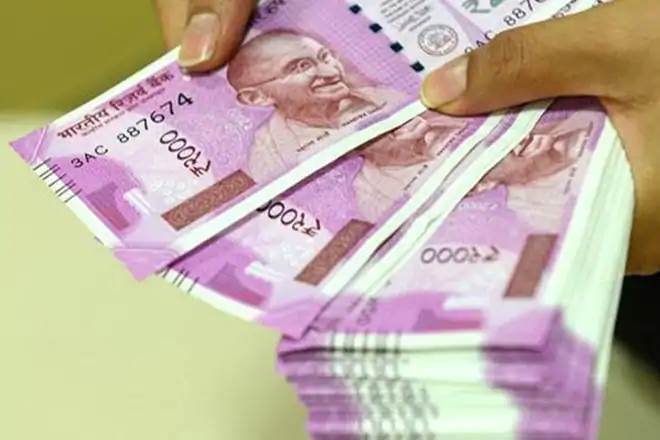At the time of retirement, an average Indian with sufficient disposable income to save and invest is likely to fall short of both her wealth aspiration and current average income, a study by Standard Chartered has revealed. According to the ‘Wealth Expectancy Report 2019’ released by the bank, the average wealth expectancy — or the total wealth an individual can expect to attain at their highest point of affluence, assumed to be at the age of 60 — for Indians with disposable income stands at Rs. 3.6 crore ($518,000). This translates to Rs. 93,000 per month ($1,332).
The study was conducted with a focus on ‘wealth creators’, which include the emerging affluent, affluent and high net worth individuals (HNWIs), in 10 markets across Asia, Africa and the West Aisa — China, Hong Kong, India, Kenya, Malaysia, Pakistan, Singapore, South Korea, Taiwan and the UAE.
Meanwhile, the average wealth expectancy for China stood at $2.17 million, while the figure came in at $0.64 million for Kenya, $0.43 million in Pakistan and $2.4 million in Singapore.
Among the different segments in India, wealth expectancy came in at Rs. 1.3 crore ($195,000) for the emerging affluent, Rs. 2.6 crore ($374,000) for the affluent and Rs. 6.9 crore ($986,000) for HNWIs. “If they were to spend at the average monthly rate to which they aspire, their wealth expectancy would last the emerging affluent six years of retirement, and the affluent nine years, while HNWIs would be able to fund five years,” the report said.
The study has found that the wealth expectancy gap — the difference between an individual’s wealth expectancy and their wealth aspiration — was high in the country. “Indian wealth creators have a relatively small wealth expectancy, including a low level of statutory pensions, resulting in a large wealth expectancy gap: only 32% will achieve more than half of their aspirations, and 68% will be less than halfway there,” it said.
Meanwhile, China and Malaysia had the smallest gaps with around two-thirds of wealth creators (70% and 64% respectively) set to achieve more than half of their wealth aspirations. Wealth creators in South Korea and Taiwan had the highest wealth expectancy gap with only 20% of South Koreans and 25% of Taiwanese achieving more than half of their aspiration.
Interestingly, as much as 77% of India’s wealth creators believe that money is essential to happiness, more than in any other market in the study. “In fact, wealth is considered so important that many Indian wealth creators are anxious about their financial future: 64% of the affluent group say they worry so much about money that it affects their health, and 62% of the emerging affluent feel so overwhelmed by financial planning (that) they fail to put a plan in place at all,” the study said.

